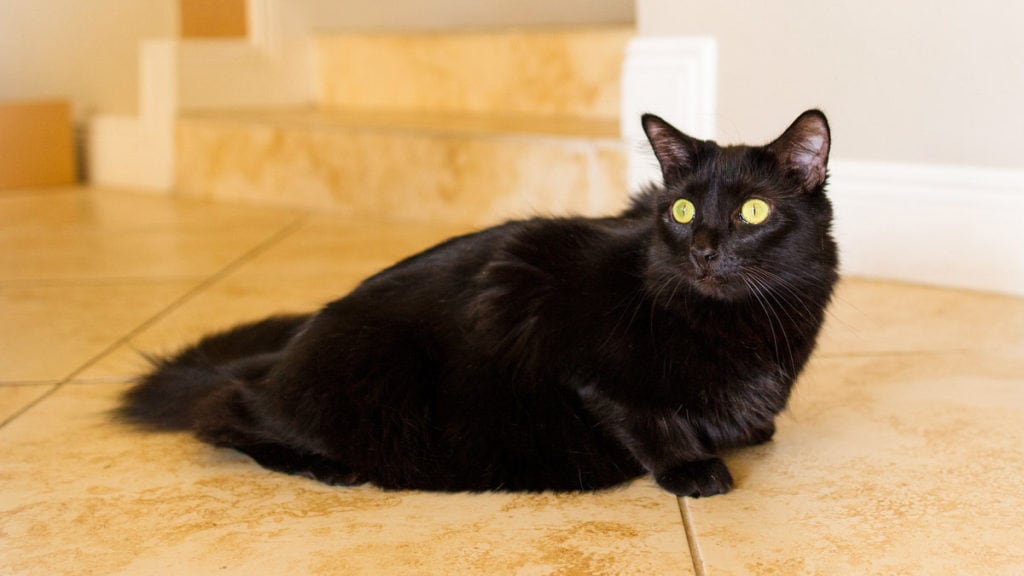With more and more people turning to vitamins and supplements to fulfill their daily recommended intake of nutrients, it’s only natural that they would want to do the same for their cat. But, before you designate a section in your supplement drawer for your furry friend, it’s important to first consider whether they will truly benefit from supplements in the way that humans do.
According to Dr. Jess Trimble, DVM at Fuzzy Pet Health in San Francisco, there are some cases where nutritional supplements can provide key benefits for cats. “I do recommend supplements in a lot of different situations,” she says.
Among her most common recommendations are joint health supplements for older cats. Healthy articular (joint) cartilage is crucial to joint utility, and can break down as cats age. To help maintain cartilage production and protect existing cartilage from loss, you can try Nutramax Cosequin Capsules Joint Health Cat Supplement for safe and effective joint support. Great for cats of all sizes, this product also supports urinary bladder health for an all-around healthy cat.
Another supplement Dr. Trimble frequently recommends for older cats is fish oil. “Dry, flaky coats, allergies, arthritis and kidney disease can benefit from fish oil or other sources of omega fatty acids,” she says. Nature’s Logic North Atlantic Sardine Oil is a popular option derived from harvested wild sardines. Sardine oil contains more EPA and DHA than salmon oil and has naturally lower levels of environmental contaminants.
If your cat is suffering from chronic viral diseases, like upper respiratory infection or feline herpes, rest assured that your fur baby can find relief in supplements that contain L-lysine, an essential amino acid that provides immune support in cats. VetriScience Vetri-Lysine Plus Immune Health Bite-Sized Cat Chews has an advanced formula that provides respiratory and immune system support and builds collagen to keep your cat’s skin and coat healthy and shiny. Recommended by veterinarians, these chews are easy to administer and will appeal to finicky cats with its tasty chicken-flavored formula.
Another powerful immune support formula is Tomlyn Immune Support L-Lysine Powder Cat Supplement, which has about 500 mg of L-lysine per scoop. This powder formula is effective for managing conditions such as upper respiratory problems, conjunctivitis and feline herpes, and is safe and effective for cats of all ages. Just one scoop per day contains the proper dosage for your cat or kitten to maintain peak health and avoid chronic viral diseases.
If your cat is using antibiotics, or has gastrointestinal diseases, Dr. Trimble recommends using a strong probiotic supplement. “Usually a greater number of strains and CFUs are better,” she says. Purina Pro Plan Veterinary Diets FortiFlora Probiotic Cat Supplement contains 500 million live microorganisms intended to bring health and balance back to your cat’s intestinal tract. The probiotics come microencapsulated, so they are guaranteed to have shelf stability and to arrive alive in your cat’s intestinal tract. Besides tasting great, this formula also contains antioxidants like vitamins E and C and beta-carotene, which have been shown to support a strong immune system.
According to Dr. Trimble, supplements probably aren’t necessary for young, healthy cats. “A high-quality cat food diet should have all the things a cat needs to be healthy,” she says. Additionally, Dr. Trimble makes the point that majority of supplements, just like for humans, are not FDA approved. “There is really no regulation on supplements; no one is checking to see if there is actually any truth behind their claims. Some can be quite beneficial, but there are others that can be dangerous in certain situations or with certain health conditions,” she says. You should check with your veterinarian before starting your cat on a supplement, especially if your cat is on any other medications or has health conditions.
Share:













